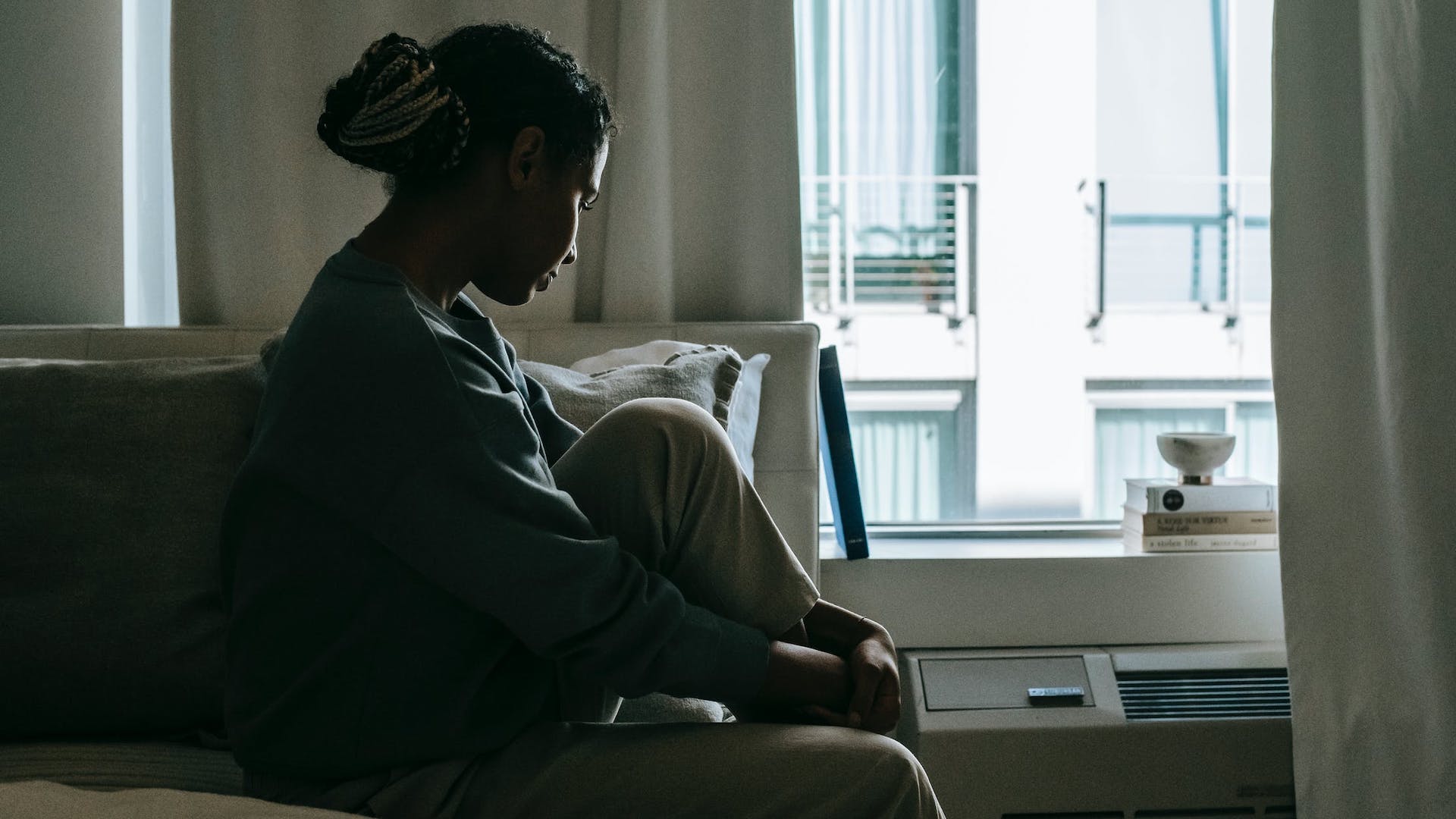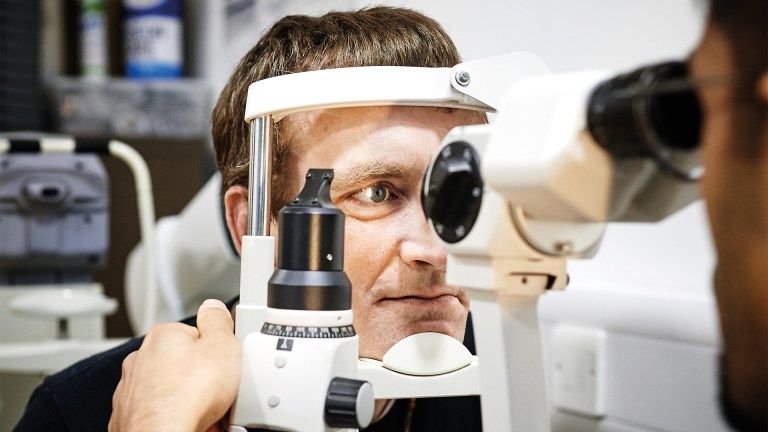“The report also shows the importance of trust and community benevolence, which really means kindness and doing things for others. Not only do these things make us happier, but when it comes to Covid, they can save lives.”
Lockdowns have taken income away from hundreds of Big Issue sellers. Support The Big Issue and our vendors by signing up for a subscription.
Lower happiness rates correlated to more Covid-19 deaths, according to researchers, who cited the UK’s high pandemic death rate (108.4 per 100,000 people) and less trust nationally – both of other people and of the Government – as factors which likely contributed to the country’s poor wellbeing performance.
Analysis by the Institute for Fiscal Studies (IFS), published as part of the World Happiness Report, showed more than a fifth of the UK population experienced poor mental health in the first six months of the pandemic.
People with lots of friends and those who lost work during the crisis were more likely to struggle, the IFS report said, while people in strong romantic relationships were happier.
Women and young people were most likely to have faced “persistently bad deteriorations” in wellbeing during the pandemic, the research showed.
Advertising helps fund Big Issue’s mission to end poverty
Finland came in top of the happiness list for the fourth year running, according to the report, trailed by Iceland, Denmark, Switzerland and the Netherlands. The US rose from 18th place to 14th.
Around 1,000 people in each country were asked a series of questions about their happiness – such as how often they felt satisfaction about the previous day and how they would rate their quality of life – as well as about feelings of worry and sadness.
The annual survey is coordinated by the United Nations Sustainable Development Solutions Network using surveys and data from the Gallup World Poll.
“Trust and having a sense of community and kindness really does matter,” said Richard Layard, a professor at the Centre for Economic Performance and co-author of the report.
“They are the things that make us happy. And when it comes to health, better levels of trust and having women in power shows a significant correlation with fewer deaths from Covid.”
Advertising helps fund Big Issue’s mission to end poverty
The report showed only moderate changes to the happiness ranking overall, reflecting a “widely shared resilience”.
“Given how all lives have been so importantly disrupted, it is remarkable that the averages are so stable,” researchers wrote.
The pandemic could push more people to speak openly about their mental health as a result of the pandemic, Action for Happiness said.
“The pandemic has made us take mental health and happiness more seriously,” said Vanessa King, head of psychology at the charity.
“When we are struggling, sometimes the very act of doing one small thing can help us shift our mood. By learning what happiness is and taking simple daily actions to be happier, we can regain a sense of agency in our lives. We call this active coping.
“Prioritising mental health and self-care isn’t selfish. It’s essential.”
Advertising helps fund Big Issue’s mission to end poverty










